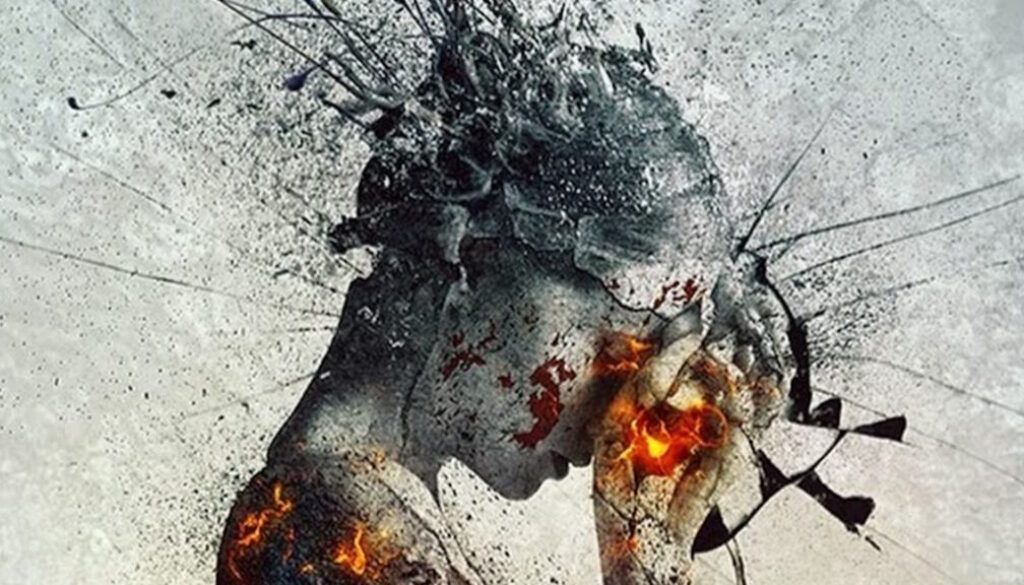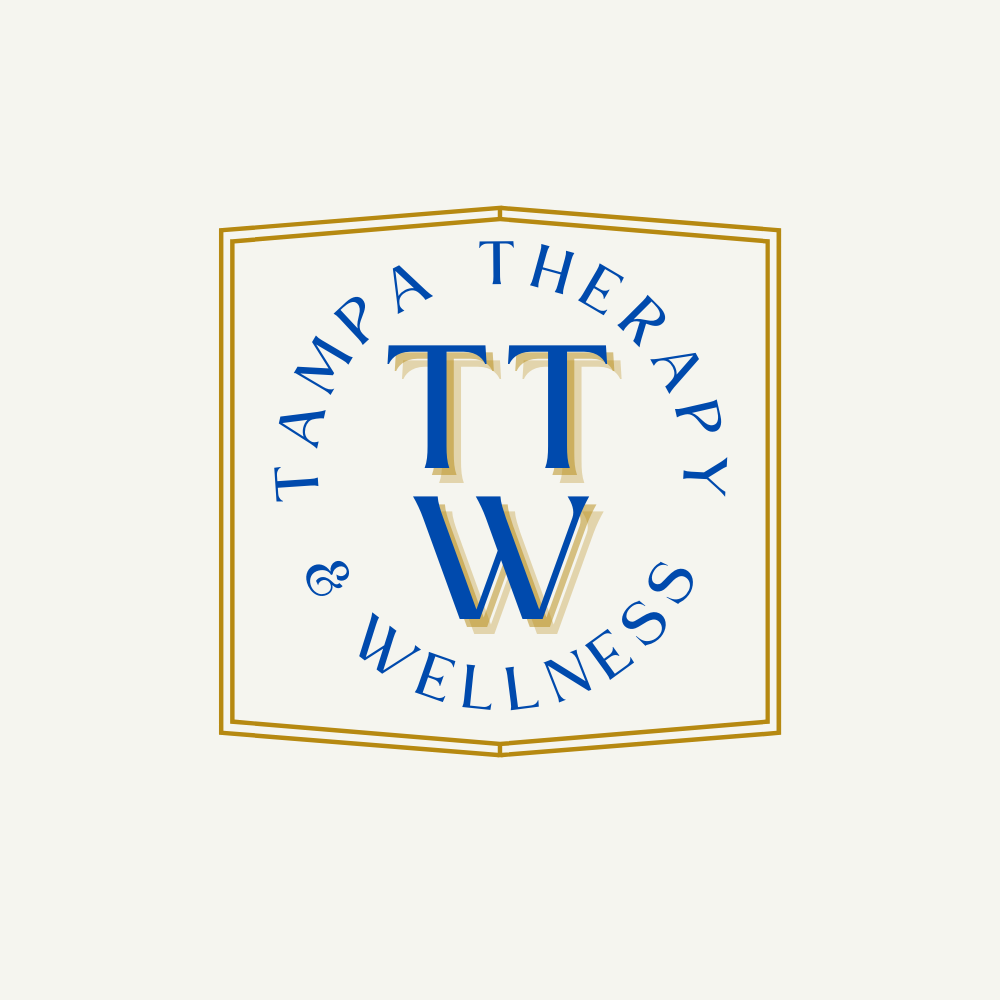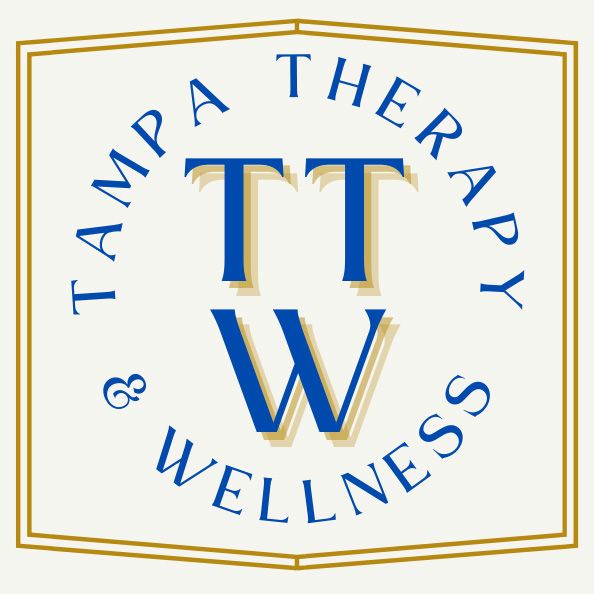What happened to me was really a TRAUMA? Do I have PTSD?

At times in life, especially in our childhood, we tend to believe that everything is "normal". That our parents are "normal", our living condition is "normal", behaviors of adults (or other children) are "normal". To find out later, when we mature that none of that was "normal". That they were pretty messed up.
What happened to you, how you lived your life in your formative years, make you the human being that you are. The "tribe" you come from makes you form your beliefs and biases. Your tribe is not only your parents and siblings. It is also your ancestors, your community, your church, your government, your neighbors, your school, your co-workers – they all help you learn how to be a human being.
People at times can be exposed to what we call a BIG "T" trauma, or to a series of SMALL "t" traumas. The big "T" traumas are the classic ones people usually connect to PTSD: such as times you felt that you or a loved one were about to die, or someone died in front of you, or was an extremely negative experience you lived in your family or with friends. Also, when there's a big catastrophe you were present or suffered the consequences of it. Big "T" traumas are also related to sexual traumas, sexual abuse, rape, and traumas from war.
The small "t" traumas are much more subtle. Those could be the times you witnessed interpersonal abuse at your home, such as constant name-calling, putting downs, bullying, emotional abuse, affairs, etc. If you had a childhood where you were constantly moving from one place to the other or one or both parents were not very present in your life, and it all affected how you see life, those "small" events could also make you suffer or dictate how you see and react to the real world now.
Having lived trauma(s) in your life does not actually automatically determine if you have PTSD.
To be diagnosed with Posttraumatic stress disorder you must demonstrate a series of symptoms, as described on the DSM-V-TR (the manual for mental health disorders). Your psychotherapist can help determine if you have PSTD or not.
Regardless of being diagnosed with PTSD, if you have experienced a difficult childhood, it is important to find a psychologist who can help you uncover the emotional ties those experiences left on you. It might be that your relationship difficulties have to do with those childhood experiences. It might be that your inability to be stable or move on in your career has to do with those early experiences.
Take time for your wellbeing. Find a good therapist who has the tools to treat your traumas (small or big), such as using Accelerated Resolution Therapy (ART), Trauma-Focused Therapy, EMDR, EFT, CBT, Psychodynamic Psychotherapy, etc.
Feel free to contact us at Tampa Therapy and Wellness at (813) 530-5180.


